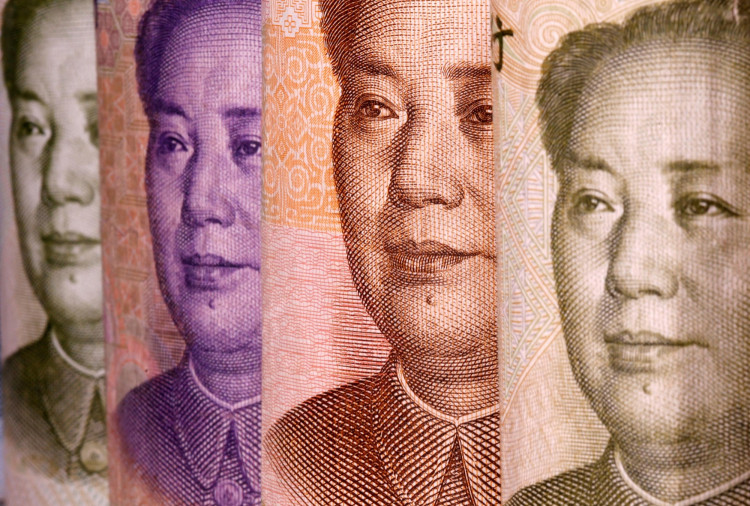China is looking to invest in more resilient overseas assets moveing forward using its $941 billion sovereign wealth fund. Officials are moving to make more strategic investments by staying away from fragile assets affected by the coronavirus pandemic to improve long-term returns.
Over the past few months, China Investment Corp (CIC) has placed additional investment in credit markets, namely investment-grade bonds, short-term commercial paper, and junk bonds. CIC executive vice president, Zhao Haiying, noted on Saturday that the fund had made substantial investments in the US credit market after the Federal Reserve had eased the liquidity crunch.
The fund had also added investments in information technology and healthcare-related stocks, shifting much of its exposure to Asia, where the company claims has much "less uncertainty" when it came to the economic effects of the pandemic.
The renewed investment strategy is aimed at continuing the fund's positive trajectory, which had started last year. The fund's overseas investment returns in 2019 had increased by about 17 percent based on unaudited results, bolstered mainly by the global stock rally. The increase was a massive reversal from the loss reported in 2018.
The Beijing-based sovereign wealth fund believes that one of the best ways to ensure growth is by diversifying its portfolio. The fine-tuning of its investment strategy will coincide with its previous plan to increase direct and alternative investments of its global assets by as much as 50 percent by the end of 2022.
Zhao mentioned during an interview that the company is now focusing on assets that have proven to be resilient to "external shocks," while at the same time avoiding any fragile areas that might result in massive losses. She noted that the CIC is a long-term investor, which means that it must look for areas that provide the most growth.
During the first quarter of this year, most global equity markets took quite a beating as the coronavirus pandemic disrupted supply chains, consumer spending, and demand. The situation did not bode well for some sovereign wealth funds, with most ending up conducting asset sales to generate cash. Norway, for example, had to take out a massive $38.2 billion from its wealth fund, to shore up its finances to counteract the economic damage caused by pandemic and the global oil price crash.
Zhao claims that China's fund was able to absorb much of the market impact thanks to its hedge-fund allocations and its fixed-income investments. She added that much of the asset classes that had been hit hard by the pandemic and oil price collapse have slowly rebounded. Despite the mostly positive outlook, Zhao warned that China still has to be careful in making decisions in order not to reverse course. She cited debt burdens and rising geopolitical tensions as areas of concern.





